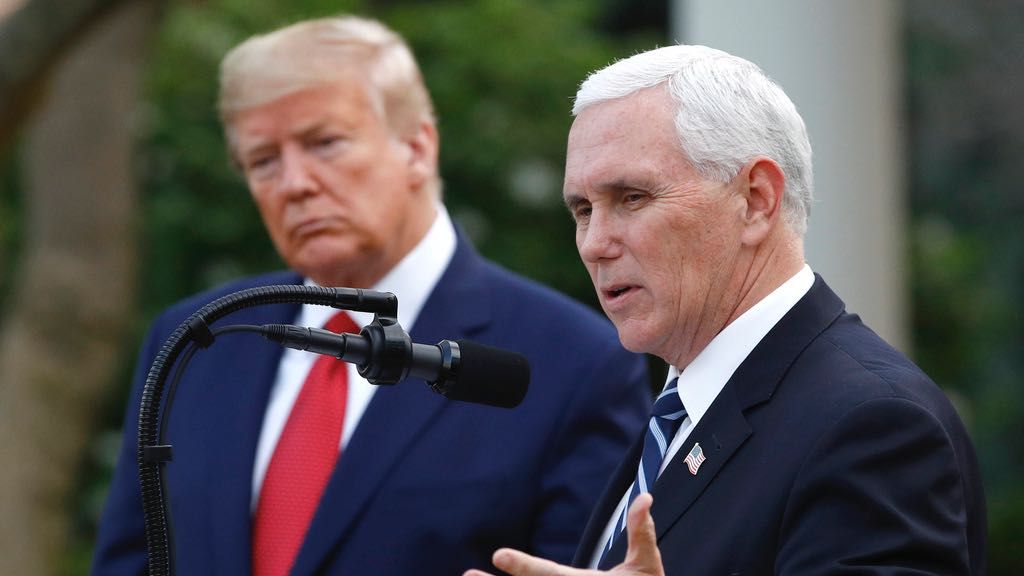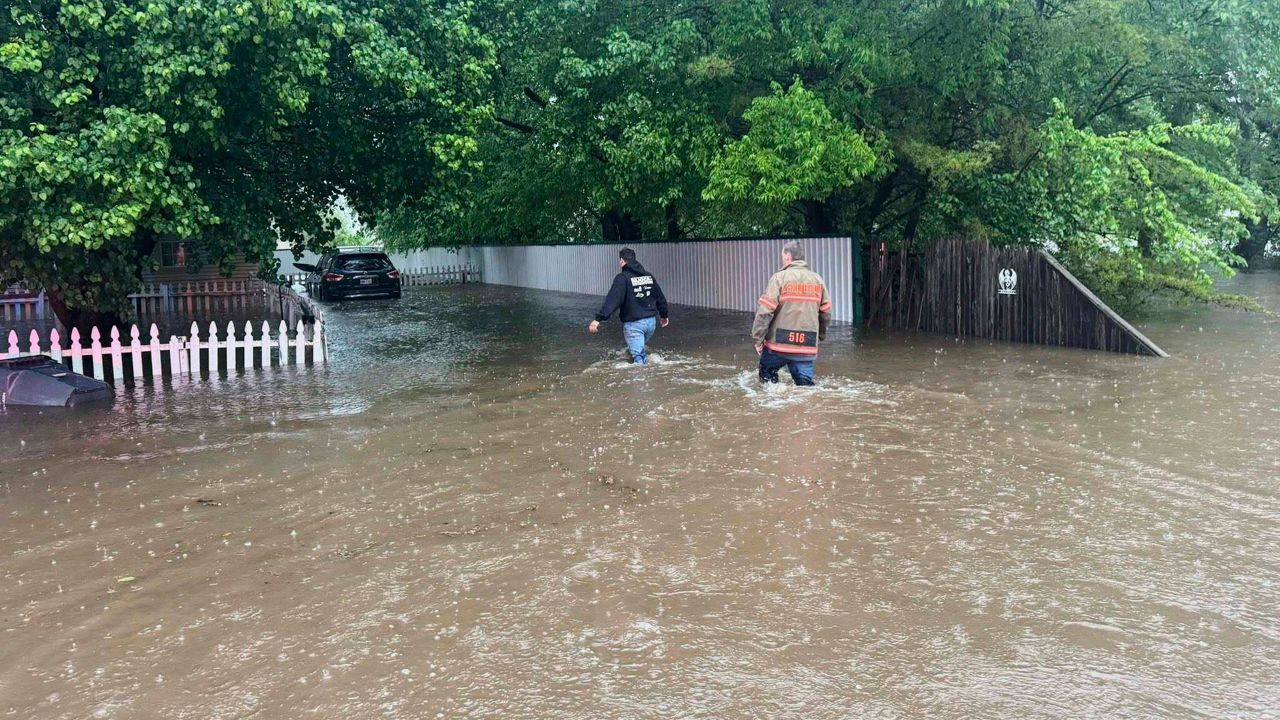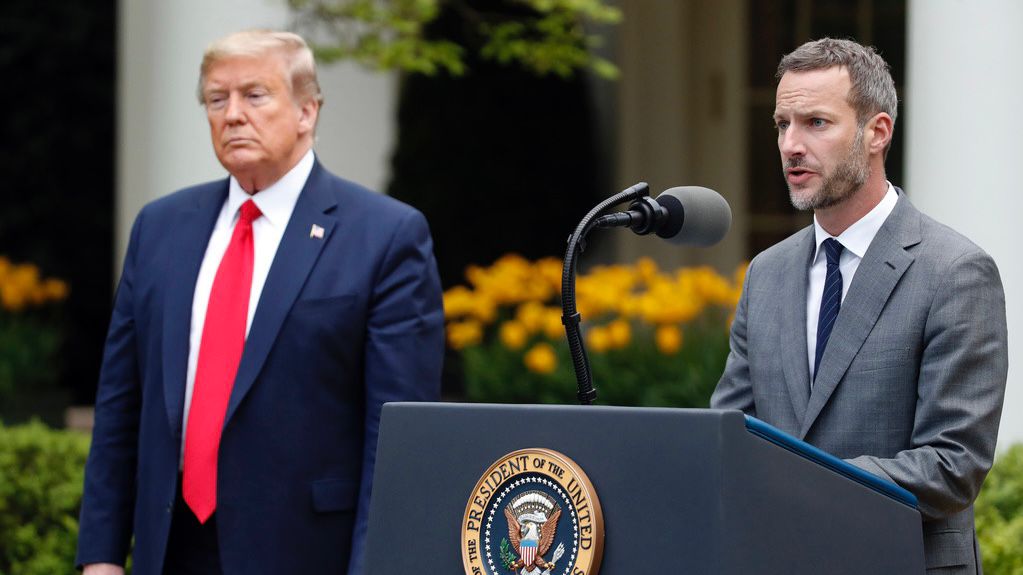Former first lady Rosalynn Carter, the wife of former President Jimmy Carter, has died, the Carter Center announced on Sunday.
The staunch mental health advocate and humanitarian was 96.
According to the Carter Center, the former first lady died Sunday afternoon at her home in Plains, Georgia, surrounded by family.
“Rosalynn was my equal partner in everything I ever accomplished,” President Carter said in a statement released by the Carter Center. “She gave me wise guidance and encouragement when I needed it. As long as Rosalynn was in the world, I always knew somebody loved and supported me.”
Eleanor Rosalynn Smith was born in Plains on Aug. 18, 1927, the eldest of four children. Her father died when she was young, so she took on much of the responsibility of caring for her siblings when her mother went to work part time.
She also contributed to the family income by working after school in a beauty parlor. "We were very poor and worked hard," she once said, but she kept up her studies, graduating from high school as class valedictorian.
She soon fell in love with the brother of one of her best friends. Jimmy and Rosalynn had known each other all their lives — it was Jimmy's mother, nurse Lillian Carter, who delivered baby Rosalynn — but he left for the Naval Academy in Annapolis, Maryland, when she was still in high school.
The couple went on their first date in 1945, when Jimmy Carter was at home from the U.S. Naval Academy and Rosalynn Carter had completed her first year at Georgia Southwestern College.
"I thought he was the most handsome young man I had ever seen," Rosalynn, 95, wrote in her 1984 memoir, "First Lady from Plains.”
“She’s the girl I want to marry,” Jimmy Carter told his mother after their first date — and one year later, they did, shortly after his graduation in 1946.
The couple celebrated their 77th wedding anniversary in July, the longest-married first couple in U.S. history.
Unlike many previous first ladies, Rosalynn sat in on Cabinet meetings, spoke out on controversial issues and represented her husband on foreign trips. Aides to President Carter sometimes referred to her — privately — as “co-president.”
The Carter Center announced Friday that the former first lady entered home hospice care. In May, the Carter Center announced that she was diagnosed with dementia, the condition that affects a person’s mental health, memory and decision-making, commonly affecting older adults.
In February, former President Carter began hospice care at home “after a series of short hospital stays.” He turned 99 in October, and is the longest-living president in American history.
Fiercely loyal and compassionate as well as politically astute, Rosalynn Carter prided herself on being an activist first lady, and no one doubted her behind-the-scenes influence. When her role in a highly publicized Cabinet shakeup became known, she was forced to declare publicly, “I am not running the government.”
Many presidential aides insisted that her political instincts were better than her husband’s — they often enlisted her support for a project before they discussed it with the president. Her iron will, contrasted with her outwardly shy demeanor and a soft Southern accent, inspired Washington reporters to call her “the Steel Magnolia.”
Both Carters said in their later years that Rosalynn had always been the more political of the two. After Jimmy Carter’s landslide defeat in 1980, it was she, not the former president, who contemplated an implausible comeback, and years later she confessed to missing their life in Washington.
Jimmy Carter trusted her so much that in 1977, only months into his term, he sent her on a mission to Latin America to tell dictators he meant what he said about denying military aid and other support to violators of human rights.
She also had strong feelings about the style of the Carter White House. The Carters did not serve hard liquor at public functions, though Rosalynn did permit U.S. wine. There were fewer evenings of ballroom dancing and more square dancing and picnics.
Throughout her husband's political career, she chose mental health and problems of the elderly as her signature policy emphasis. When the news media didn't cover those efforts as much as she believed was warranted, she criticized reporters for writing only about "sexy subjects."
As honorary chairwoman of the President's Commission on Mental Health, she once testified before a Senate subcommittee, becoming the first first lady since Eleanor Roosevelt to address a congressional panel. She was back in Washington in 2007 to push Congress for improved mental health coverage, saying, "We've been working on this for so long, it finally seems to be in reach."
After leaving Washington, Jimmy and Rosalynn co-founded The Carter Center in Atlanta to continue their work. She chaired the center's annual symposium on mental health issues and raised funds for efforts to aid the mentally ill and homeless. She also wrote "Helping Yourself Help Others," about the challenges of caring for elderly or ailing relatives, and a sequel, "Helping Someone With Mental Illness."
Frequently, the Carters left home on humanitarian missions, building houses with Habitat for Humanity and promoting public health and democracy across the developing world.
Rosalynn Carter is survived by her husband, former President Jimmy Carter, her children Jack, Chip, Jeff and Amy, and 11 grandchildren and 14 great-grandchildren.
“Besides being a loving mother and extraordinary First Lady, my mother was a great humanitarian in her own right,” Chip Carter said in a statemenrt. “Her life of service and compassion was an example for all Americans. She will be sorely missed not only by our family but by the many people who have better mental health care and access to resources for caregiving today.”









